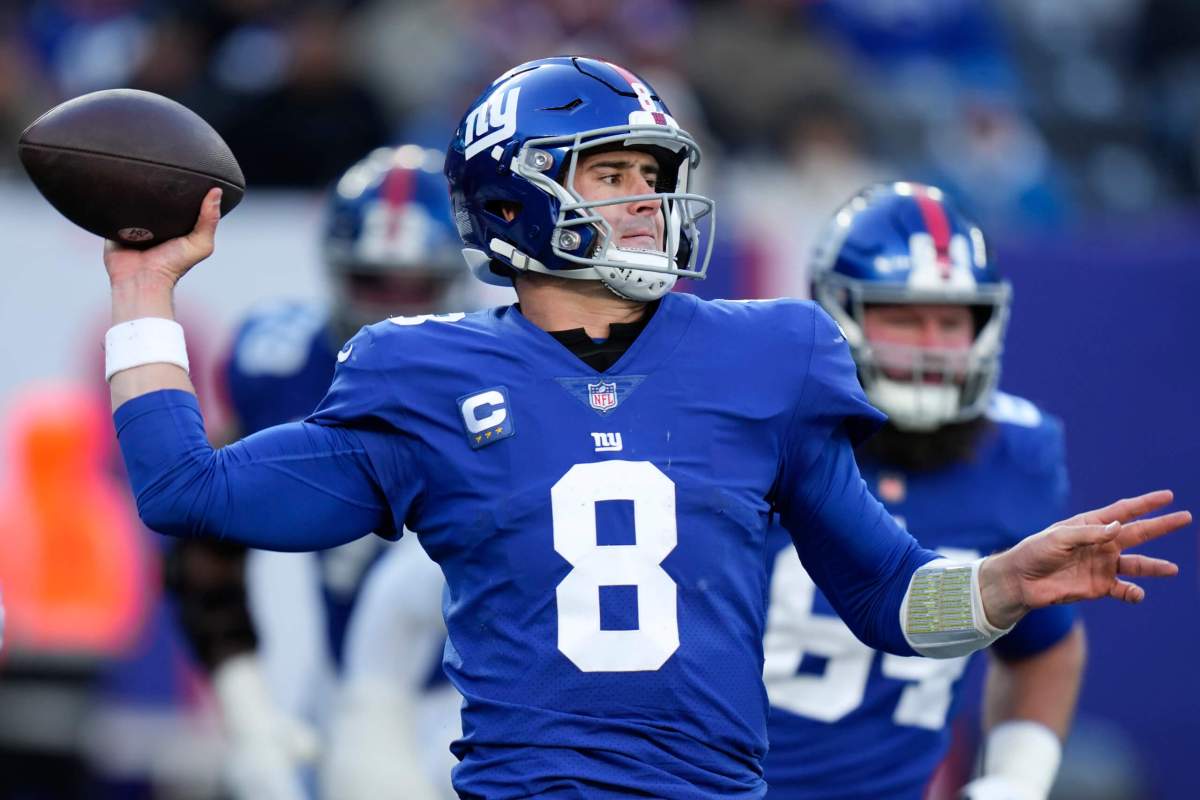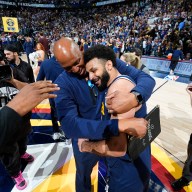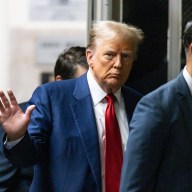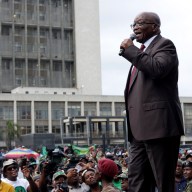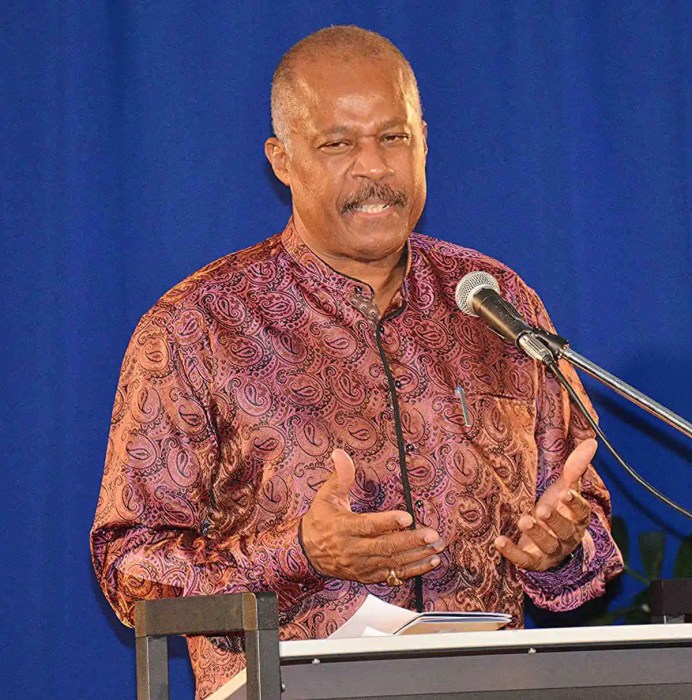By Dan Levine and Heather Somerville
SAN FRANCISCO (Reuters) – Uber Chief Executive Travis Kalanick’s famously competitive nature was the focus of questioning on Wednesday in a trade-secrets trial in which Uber Technologies Inc [UBER.UL] is accused of stealing self-driving car designs from rival Waymo.
In Kalanick’s second day of testimony, Waymo sought to portray the ex-CEO as so eager to improve Uber’s lagging autonomous car business that he did a deal to acquire a self-driving startup and hire its visionary founder without properly assessing the risks.
Kalanick’s testimony is a crucial part of the trade-secrets trial that has captivated Silicon Valley and could influence one of the most important and potentially lucrative races in Silicon Valley — to create fleets of self-driving cars.
In the lawsuit, Waymo, Alphabet Inc’s self-driving car unit, said former Waymo engineer Anthony Levandowski downloaded more than 14,000 confidential documents in December 2015 before Kalanick hired him at Uber in 2016. Levandowski is not a defendant in the case. Waymo has estimated damages in the case at about $1.9 billion, which Uber rejects.
Kalanick, who was ousted as CEO in June, appeared subdued in his short responses to questions by Waymo’s lawyers. In many cases the Uber co-founder, wearing a business suit and tie, a change from casual startup attire, said he could not recall specific conversations. His court testimony marks his first public response to Waymo’s allegations.
Waymo alleges Levandowski downloaded the confidential files a month before leaving to start self-driving truck company Otto, which was quickly acquired by Uber, putting Levandowski in charge of Uber’s autonomous car division.
Kalanick testified that he found Levandowski to be an “incredible visionary” and “very charming,” and began negotiations with the engineer in 2015 to try to hire him, frustrated by the slow pace of Uber’s own self-driving program.
These discussions happened before Otto was even formed, and Kalanick said he saw buying Otto as a way to hire Levandowski. He testified Wednesday that he never read a due diligence report prepared by an outside firm that determined Levandowski did posses Google data, although, as CEO, Kalanick could have read any document he wanted.
As part of the deal, Uber agreed to indemnify Levandowski against any legal action, Kalanick said. The board of directors approved the Otto acquisition in April, about three months after the startup was founded.
Kalanick conceded that the legal battle makes hiring Levandowski “not as great as what we thought it was at the beginning.” But he said that “to no extent at all” did he hire Levandowski to get trade secrets and Levandowski never told him he would bring Waymo’s secrets to Uber.
The ex-CEO has said he saw developing self-driving cars as existential to Uber, and was rankled that Uber was trailing Waymo.
‘SECOND PLACE, FIRST LOSER’
In court Wednesday, Waymo attorney Charles Verhoeven showed Kalanick a text from Levandowski in which Levandowski told Kalanick: “I just see this as a race and we need to win. Second place is first loser.”
When asked if he agreed with that sentiment, Kalanick said: “Well, I first heard it from my high school football coach, but yes.”
Waymo also played for the jury a video of the “Greed is Good” speech in the movie Wall Street, which Levandowski had sent to Kalanick along with the emoticon of a winking face. The speech includes lines such as “Greed is right” and “Greed works.”
Kalanick was also shown in court an email from another executive, which said the “X factor” of acquiring Levandowski’s company was the “IP in their heads.”
Kalanick said he did not remember the email but did not deny reading it.
Testimony is expected to continue through next week. The 10-person jury will have to decide whether the documents were indeed trade secrets and not common knowledge, and whether Uber improperly acquired them, used them and benefited from them.
(Reporting by Dan Levine. Writing by Heather Somerville; Editing by Grant McCool and Susan Thomas)


